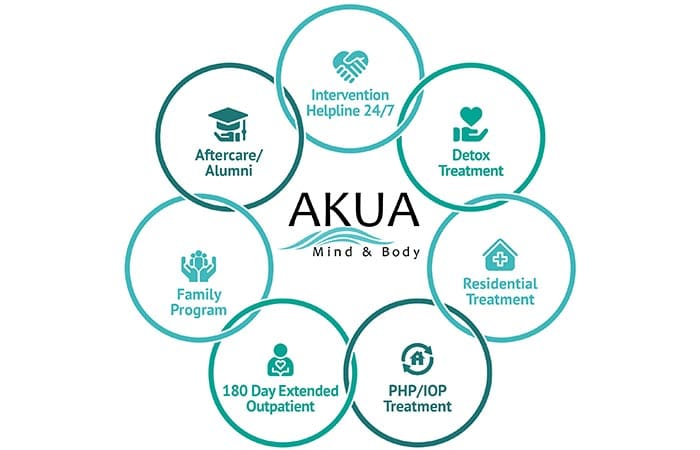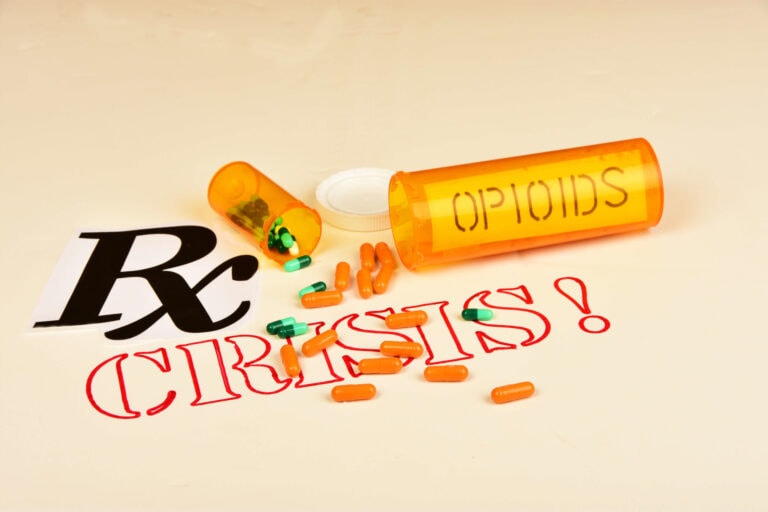Transitioning out of acute treatment into the real world can be daunting. Regardless of whether you are seeking treatment for a mental health disorder like depression or a substance abuse disorder, staying on track to recovery in a less restrictive environment can be challenging because there are more temptations.
According to studies, relapse rates vary from 50-90% depending on the type of addiction, the severity of the disorder, and the person.
Below are helpful hints to use as you are making progress from transitioning out of therapy into lifelong recovery.
Follow the instructions and advice from your treatment recovery team
Whether you underwent inpatient rehabilitation, intensive outpatient therapy, residential treatment, or outpatient counseling, your treatment team or therapist should have provided you with an action plan. This action plan should include coping skills, behavior modification tools, and a list of resources to use throughout your journey during recovery. Your treatment team may even recommend that you need additional acute treatment. Whatever their recommendations are, it is essential to listen to the experts.
Know your triggers and be prepared for temptation
Knowing what triggers your addiction, can help you avoid these circumstances and hopefully prevent relapse. Everyone has different triggers, and removing yourself from the situation or using your coping skills to work through these urges is essential for relapse prevention. You do not want to place yourself in an unhealthy environment where you have a higher risk of relapse.
Establish an emergency plan
Establishing a “9-1-1” plan in case you feel helpless or hopeless can help prevent self-harm and destructive behavior. This emergency plan should include the contact information of a friend or loved one who has agreed to be with you in an emergency. You should also have the number of your therapist and your treatment center, where you can seek immediately in case you have relapsed or harmed yourself. If you feel your life is in danger, do not hesitate to call the local police or hospital.
Establish a support system
You should never embark on a lifelong journey to recovery alone. Before leaving therapy, it is essential to establish a support system, whether it is keeping in contact with close friends and family, or relying on an addiction support group such as Alcoholics Anonymous. This support system should be trustworthy and reliable. You should feel safe opening up to them. It is also essential to develop a support system within yourself. This can entail doing activities that help relieve stress and urges such as exercising, journaling, listening to music, or even keeping a diary where you can track your daily progress.
Stay connected
Being active in a support group or continuing with outpatient therapy is very important for your long-term progress. Going to meetings or virtual outpatient therapy every week can tremendously help you prevent relapse. There are also online support groups where you can log in from the comfort of your own home.
We Are Here For You!
No matter where you are in your journey to recovery, AKUA Mind & Body can help. We understand that life in recovery can be tough. If you are afraid of a relapse, seeking help for the first time or trying to get back on track, we have a program for you.
We are committed to the health and safety of you and/or your loved ones, and we are FULLY OPEN & OPERATIONAL. At AKUA Mind & Body, the safety of our Clients is our top priority. We are aware of the increased fear and anxiety among most people regarding the current pandemic. Hence, we are doing everything that we can to keep health and safety.
If you or someone you love is struggling with a mental health illness or substance use and addiction disorder, we can help now more than ever! AKUA Mind & Body provides an integrative treatment approach with multiple levels of care from detox and residential to virtual outpatient programs. With several facilities throughout the Sacramento Region, Los Angeles & Orange County Region, and San Diego Region, we aim to provide our clients with a solid foundation for healing and transformation. Gender-specific and Co-ed facilities are available.
Call our 24/7 admissions helpline to seek help today!




